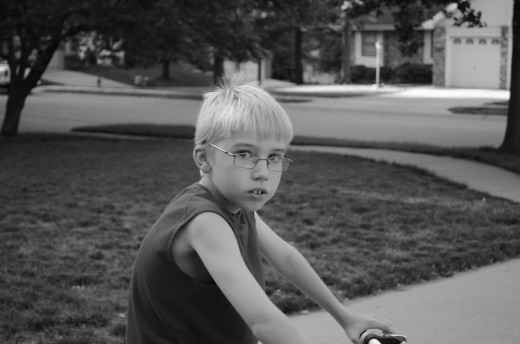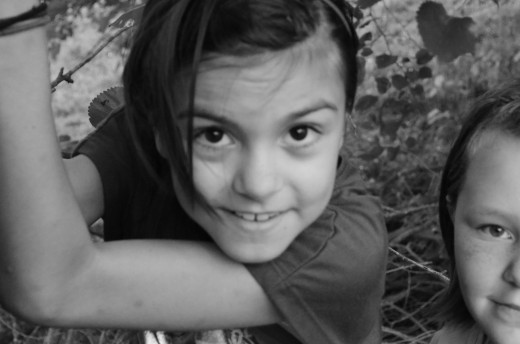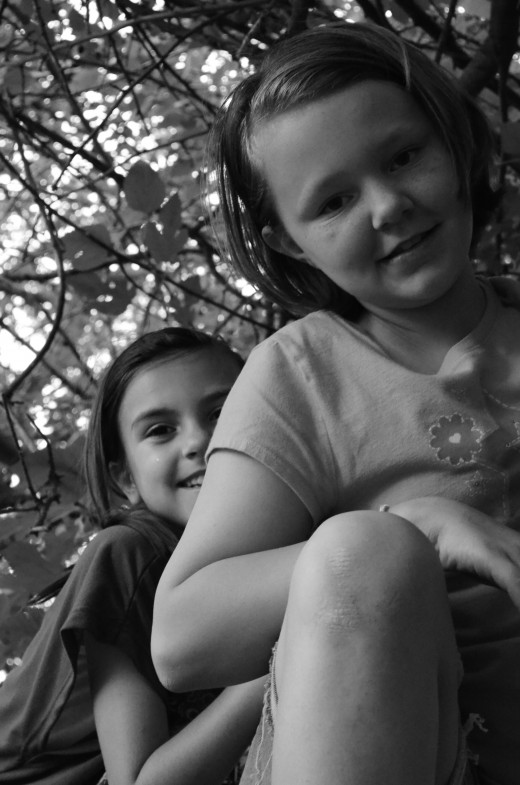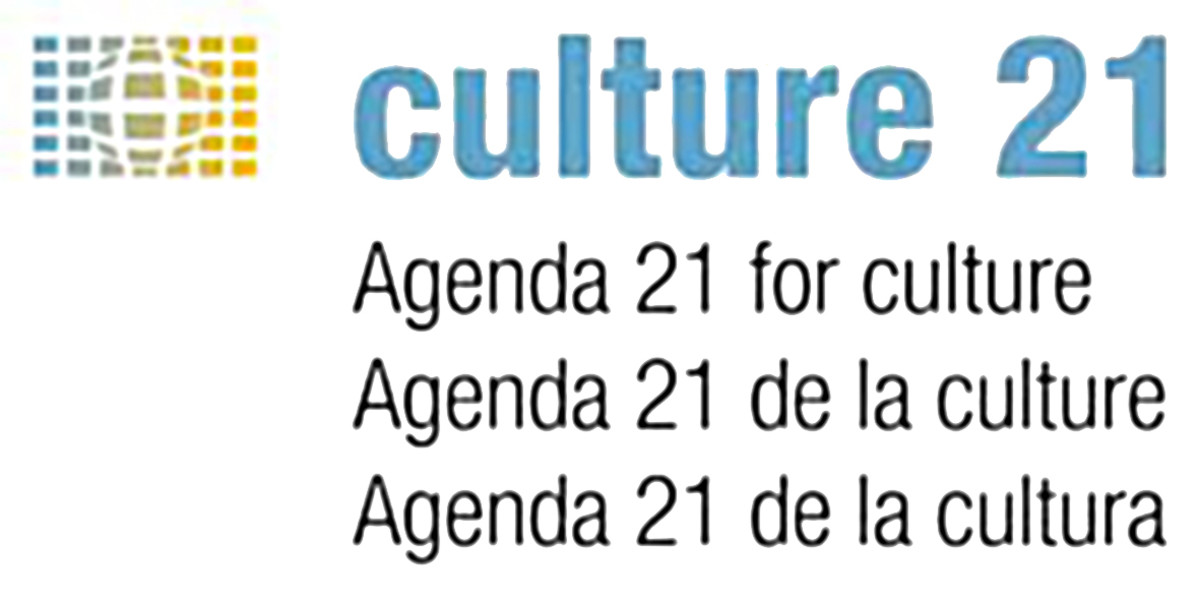How To Influence a Juvenile Delinquent's Life
©copyright ALL RIGHTS RESERVED 2012

A Child In Need
Certainly there are things about this youngster that you know, after all they are your flesh and blood. And if they are not, perhaps they are adopted or foster children. Either way, they've been in your home for enough time that you think you know who they are. But do you really know who they are? See the list of questions in blue and if you cannot answer them in detail, you may want to reevaluate your situation and decide on a different approach to working with your juvenile delinquent. No child is out of the realm of being saved and every child deserves both a chance to be helped and to be loved unconditionally.
There are multiple ways to influence a juvenile delinquent. Depending on the status of the youth, your methodology should be appropriate to the situation. Which stage is the youth in their life? Are they just beginning to show signs of becoming delinquent, is there an ongoing problem or have they committed a crime and been taken into custody? Your course of action should be relevant to their situation.

Know Your Kiddo
- Who is your child's best friend?
- Where does the friend live?
- What is your child's primary teacher's name (homeroom)?
- What is the principal's name?
- Have you been to your child's school?
- Have you attended any school events? With your child?
- How many days of school was your child absent this year? Tardy?
- What is the last fun outing you went on with your child?
- What is your child's favorite food?
- What is your child's favorite color?
- What is your child's best memory of childhood? Worst?
- How old was your child when he/she learned to ride a bicycle?
- How old was your child when he/she learned to swim?
- What is your child's closest relative outside of the immediate family?
- What was your child's favorite toy growing up?
- Does your child own a cell phone? If so, why?
Now ask your child to answer these questions on a separate piece of paper and compare answers.
Where Do I Start?
Provide support systems.
- It is imperative that parents play a role in the life of a juvenile however, in some cases parents may be out of the picture or may not be the best candidates. When the parent or parents are not in the picture the problem kids may run into is the feeling of abandonment which can be debilitating and create more anger and rage. Social workers, volunteers, Big Brothers and Big Sisters, CASA volunteers and other family members often do a very good job at working with the kids. They are typically trained for those specific types of situations and handle them very well.
- Set up an entire support system for the juvenile. This can range from outreach programs, YMCA programs, athletics programs, safe city parks, youth centers, school programs, community corrections, probation, volunteering and work training and jobs which are all designed to teach kids the importance of being a part of the solution. Find a few local employers and businesses in the community who will allow kids to train and work. Having kids teach other kids is invaluable! It may take some time to break through the tough outer shell but often it's just an eggshell, not quite cast iron.
- Institute community resource programs that enable the community to come together on behalf of their youth. Educate them and teach them methods to support and interact in a more copacetic style as opposed to negativity and brutality.
- During the disposition or sentencing phase of a juvenile case, enforce a standard whereas all youth must attend socialization treatment training which focuses on teaching juveniles how to be productive in society. At this stage the juveniles could be taught about the reality of conviction and sentencing and how negative behaviors can be altered to change that course of action. In some cases attorneys can suggest that this type of action be taken on behalf of the youth. It will most likely depend on prior convictions and whether or not the child's case is being waived into criminal court.
- If the parents are involved in the juvenile's life, they too will need support. If there has been a breakdown of productive parenting in the past, perhaps parenting styles may need to be observed and methods of communication with that youth might need to be mediated until they can effectively work together and communicate productively.
- If the juvenile comes from an abusive home setting or an arrangement that lacks supervision and structure, it may be necessary to find alternate placement for that child. Familial placement is better than foster placement however, depending on parental involvement and access, foster placement may be ordered and potentially better.
MOST IMPORTANTLY
The most important thing you can do for a child is be involved in their life and let them know that you care. Remember details about their lives and about the things that are important to them. Ask them leading questions and refer to things they've told you in the past. Making a child feel good about themselves is a very powerful thing. It fosters good feelings, trust and respect. Take opportunities to teach to kids as opposed to becoming angry at their behaviors and actions. It's improbable for a child to learn the proprieties of world and how to be a successful person in society if they grow up alone in the jungle. Kids need teachers, guidance, rules, boundaries and limitations. Explain things on their terms and show them that they are important even though mistakes have been made. Lastly, children need to know that even when they make a mistake, even a big mistake, that they are still loved.

- CASAColumbia.org: Home
National Center on Addiction and Substance Abuse - Ask a lawyer - Get legal questions answered ASAP
Ask a lawyer online. - National CASA - Court Appointed Special Advocate Association - CASA for Children: Advocating for Abu
Court Appointed Special Advocate - Casey Places
Annie E. Casey Foundation




